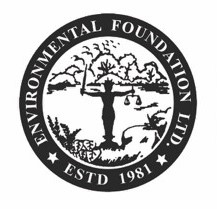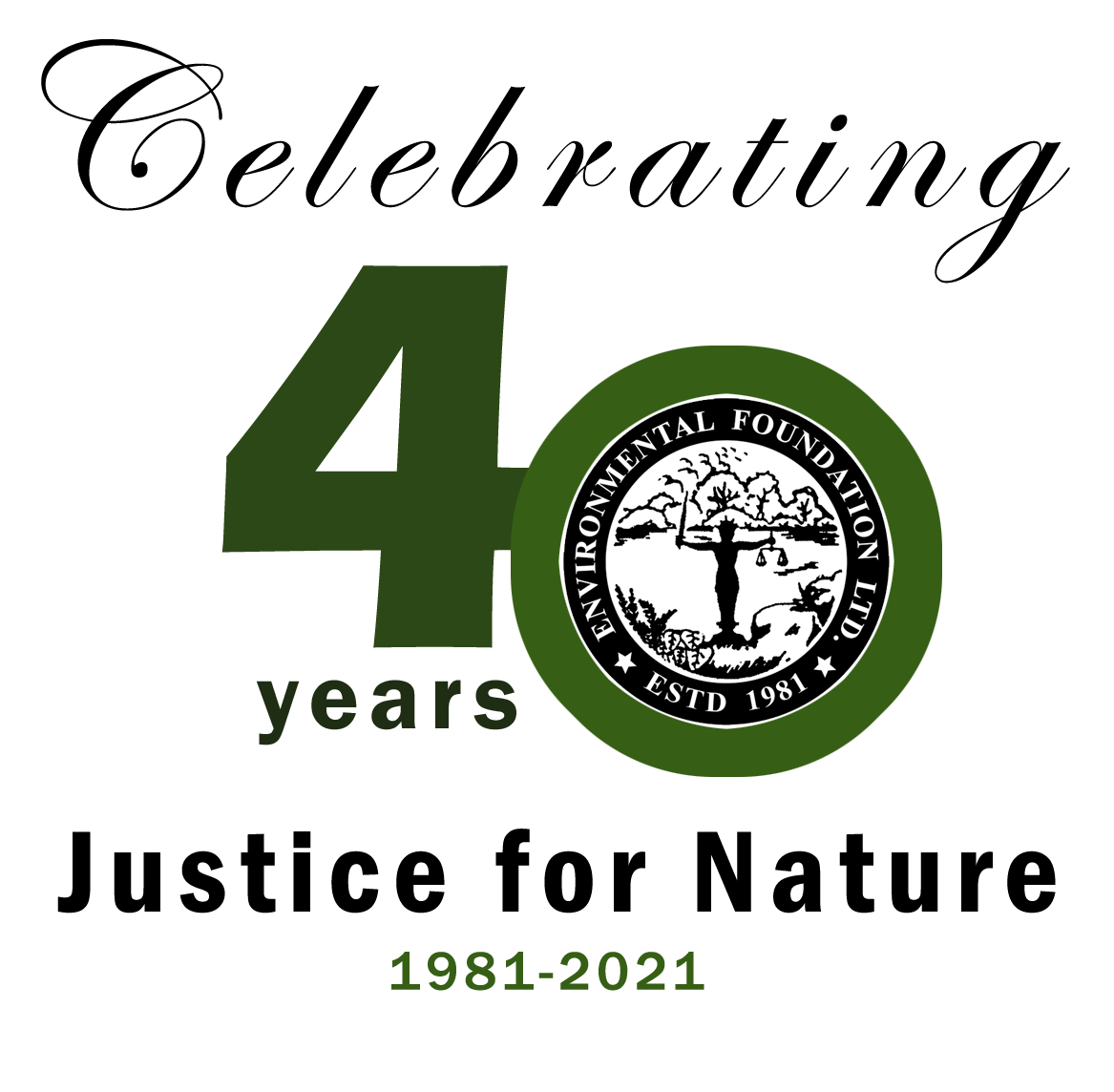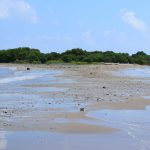Category:Legal, Legal projects
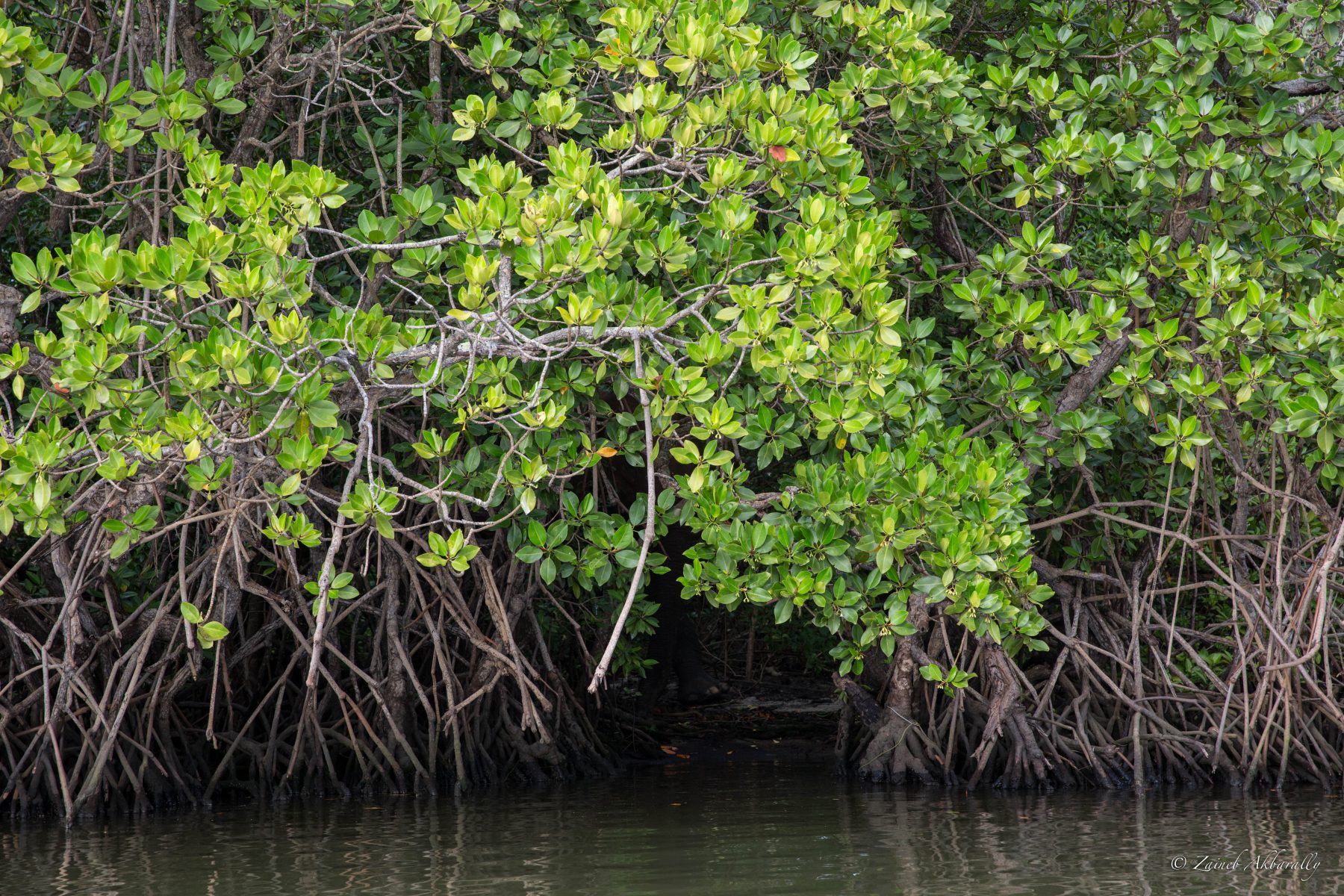
Photo credit : Zaineb Akbarally
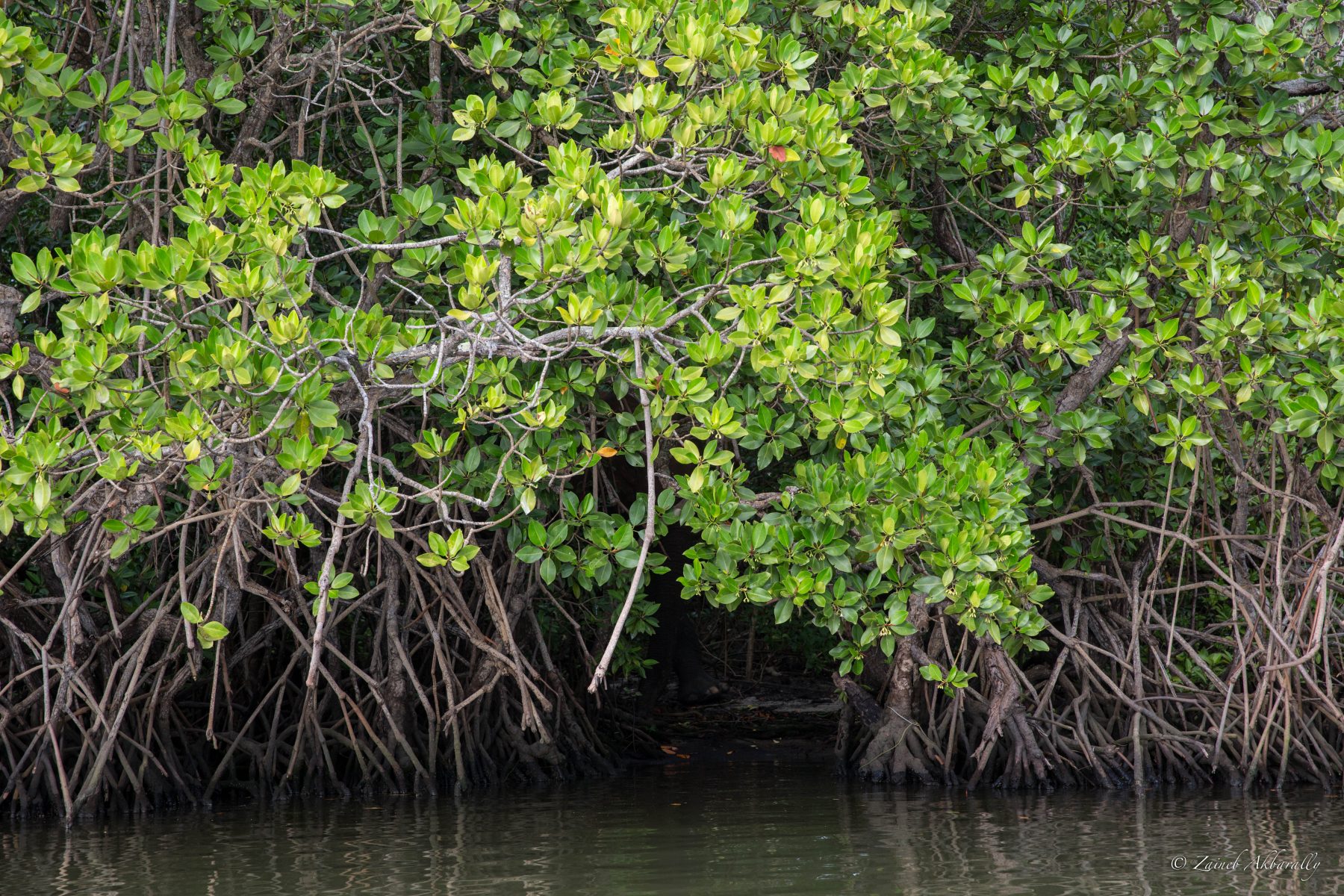
EFL’s Legal division commenced the initial phases of a project aimed at analysing the gaps in legal and policy framework, and in the implementation of the Environmental Impact Assessment (EIA) process in the last quarter of 2020. This project draws special focus on the role of public participation in the EIA process in Sri Lanka.
The Environmental Impact Assessment process, which is a key regulatory tool, was implemented by the National Environmental Act No 56 of 1988. This process aids in the mitigation of potential adverse impacts brought on by implementation of proposed development processes through a process of planning and assessing. While EIA has required public participation in some instances, a lack of awareness and other policy and procedural barriers prevent the public from being able to comment on the EIA process. This has been recognised as a loophole that impacts the effectiveness and legitimacy of the EIA reports that are prepared and approved by project proponents. As a result of this, there is a need to amend and improve public awareness on the EIA process in order to increase the legitimacy and effectiveness of EIA reports. The focus of this project is twofold. The first addresses the EIA process from a legal standpoint and in doing so, assesses legal, policy and implementation issues in the EIA process. The second, aims to engage in communication and awareness creation to promote active public participation for proposed projects.
The initial phase of the project will engage in desk research, meetings with government officials and other stakeholders, and in the preparation of a gap analysis on the legal, policy, and implementation issues pertaining to the EIA process. This would also involve looking into the latest in international developments, best practices and past public participation to suggest reforms for the EIA procedure in Sri Lanka. As a result of the review and research, the project will create an active and ongoing dialogue on the lack of public participation in the aforementioned process. The second phase is focused on awareness building, and creating open channels of communication for stakeholders and the public on the research that is carried out. In this phase, a set of tolls will be developed for members of the public who seek to engage in the EIA process by providing public comments, and connecting the public with necessary resources. As a result of this, the rights of the people of Sri Lanka would be protected through growing public participation and the increased effectiveness and efficiency of the EIA process.
